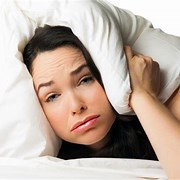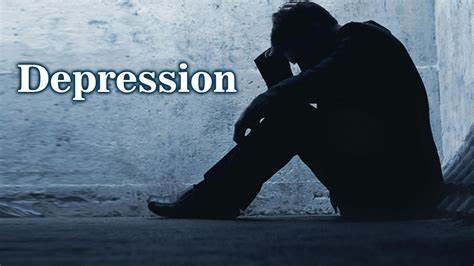Sleep is often considered an optional extra for busy people,
trying to cram as much as possible into their day. Yet if you are one of the
many people who toss and turn at night, the relief of sleep eluding you, then
you will know the agony of insomnia.
While a number of factors can trigger difficulty sleeping,
research tells us that if you have depression you are more likely to experience
sleep problems. These include problems falling asleep (sleep onset insomnia),
difficult staying asleep (sleep maintenance insomnia), or early morning
wakening.
It works the other way, too. If you have troubling sleeping,
then you have a ten-fold risk of developing depression compared to those who
fall asleep easily.

Sleep is a problem for many
The rates of depression are increasing worldwide and so too
are sleep problems. A 2019 report commissioned by the Sleep Health Foundation
revealed the extent of sleep problems in Australians. It found almost 60 per
cent of people regularly experience at least one sleep symptom (like trouble
falling or staying asleep). This is concerning, given that sleep problems are
also linked to depression.

“It’s troubling to see just how common it is for people to
struggle with their sleep when it’s such a vital aspect of good health and
happiness,” said Professor Robert Adams, lead author of the report and
spokesperson for the Sleep Health Foundation.
“Failing to get the quality of quantity of sleep you need
affects your mood, safety and health, not to mention your relationships with
family and friends,” he explains. It’s very important to get it right.”
Backed by research
American studies have confirmed the strong link between
sleep and depression. A Michigan study followed 1,000 adults over a three-year
period. It found those people with insomnia were four times more likely to
develop major depression over the three years, compared to those who slept
well. In another study that looked at 300 pairs of twins it found that sleep
problems in childhood significantly increased the chance of developing
depression later in life.
Get the help you need
It is crucial to seek help early for sleep problems. This
can reduce the risk of developing depression. And for those people who already
have depression it will improve the effectiveness of treatment for your
depression.
Talk to your GP if you are experiencing any difficulty
falling or staying asleep. You may need to look at your nightly routine and
other things during the day that may help or hinder your sleep. Your doctor can
also make an assessment of your mental health and recommend treatment if
necessary. Sleep psychologists treat insomnia with a form of talking therapy
known as cognitive behavioural therapy (CBT). This is an extremely effective
treatment for sleep problems.
Food
poisoning affects at least 600 million people every year and can range from
mild to fatal. It can have very serious health consequences for anyone
considered at risk, such as pregnant women, the elderly and anyone with a
compromised immune system.

Some
foods are definitely higher risk, with meat and chicken at the top of this
list. It’s important to cook mince, sausages, stuffed meats and chicken right
through to the centre. You should not be able to see any pink meat and the
juices should be clear. Steak, chops and whole cuts of red meat are a little
different – you can cook these to your preference as food poisoning bacteria
are mostly on the surface. Just make sure you don’t put cooked meat back on a
plate that held raw meat.
Dairy
products, eggs and egg products are also considered high-risk foods, as are
hams and salamis, and seafood. Make sure these are eaten or refrigerated as
soon as possible after cooking.



What we often overlook is the risk in foods such as cooked rice and pasta, prepared salads like coleslaw, fruit salads and ready-to-eat foods like sandwiches, rolls and pizza. These foods are often left out of the fridge when it's full, but they may harbour heat-resistant toxins that can cause food poisoning. These foods should not be kept out of the fridge for any longer than two hours. And remember, if in doubt, throw it out - you don't want to risk food poisoning.